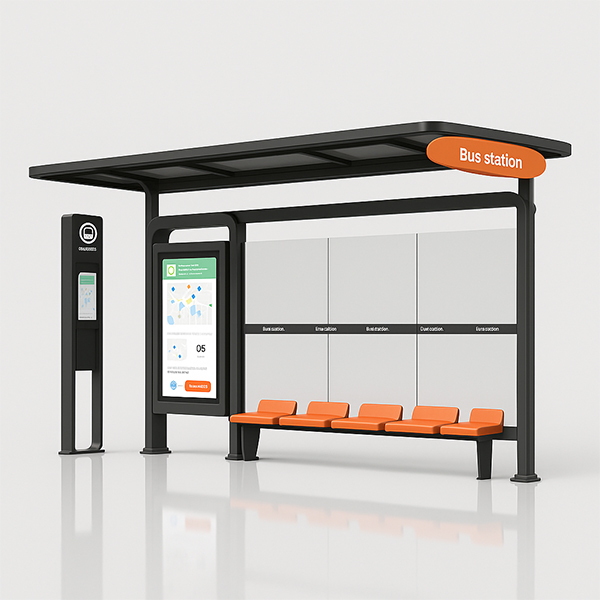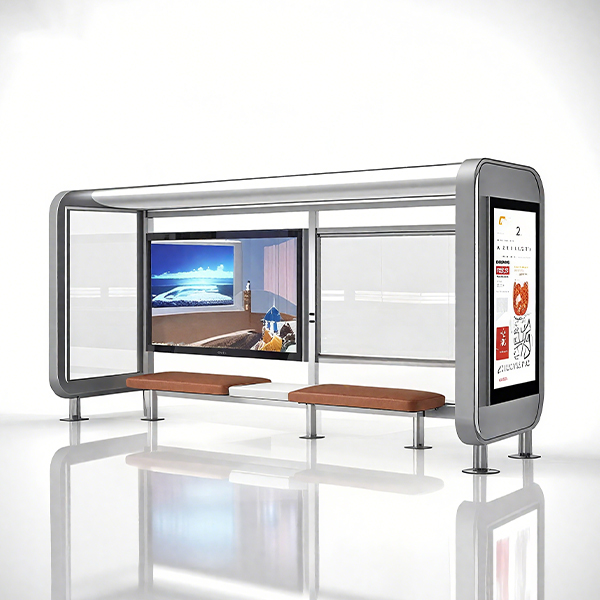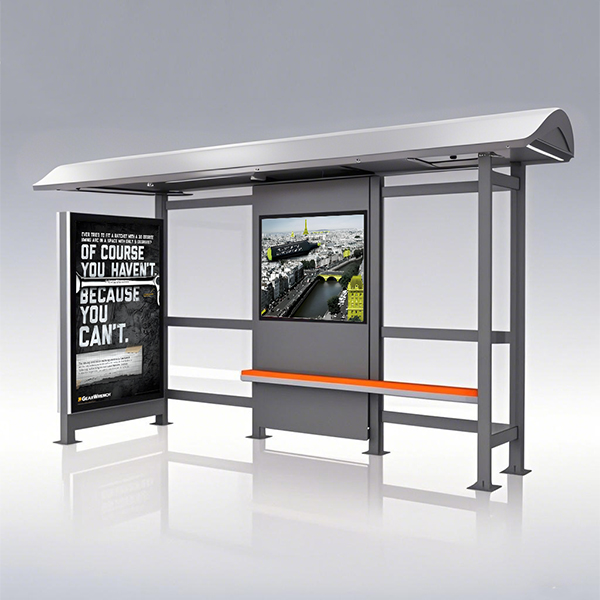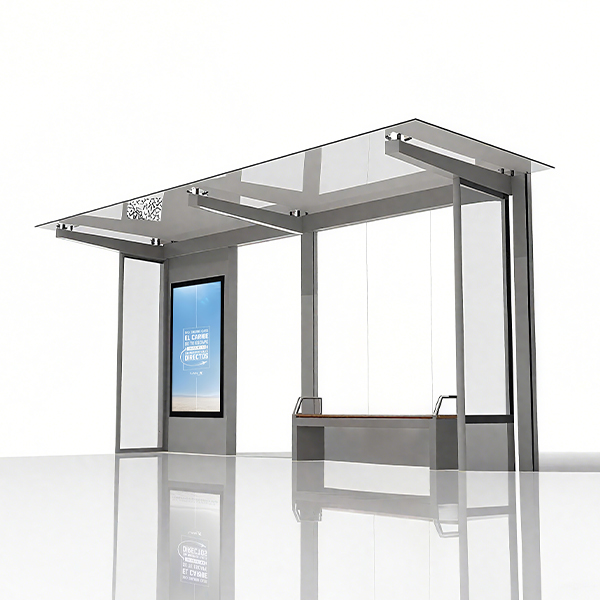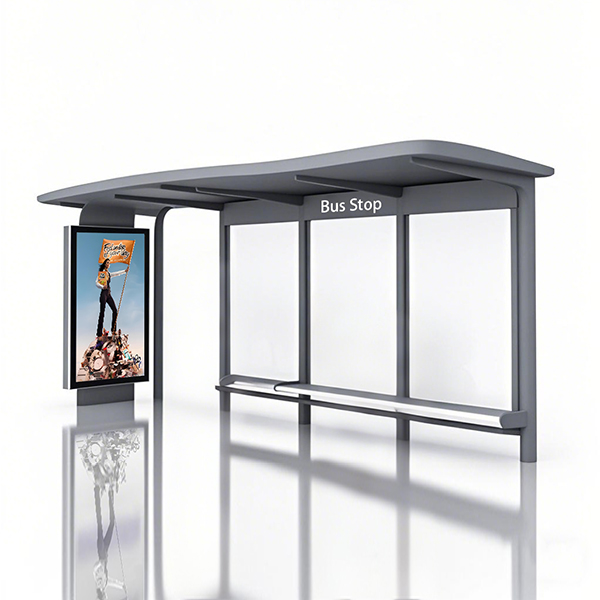
Bus Shelter Suppliers
This comprehensive guide helps you navigate the world of bus shelter suppliers, offering insights into choosing the right provider for your specific project. We'll cover factors like material options, customization possibilities, and ensuring durability and sustainability. Learn how to compare quotes effectively and identify reputable suppliers to build high-quality, long-lasting bus shelters.
Understanding Your Needs: Defining the Perfect Bus Shelter
Project Scope and Location
Before contacting bus shelter suppliers, clearly define your project's scope. Consider the size of the shelter needed, the expected passenger volume, and the specific location's climate and environmental factors. Harsh weather conditions may require shelters made from more durable materials. Also consider accessibility requirements for individuals with disabilities. A thorough understanding of these factors will help you choose a suitable bus shelter design and materials from the supplier.
Budget and Timeline
Establish a realistic budget and timeline for your project. Different bus shelter suppliers offer various pricing structures and lead times. High-quality materials and custom designs usually come with a higher price tag, and complex designs may take longer to manufacture and install. Having a clear budget and timeline will help you efficiently compare quotes from different suppliers and stay within your project parameters. Shandong Luyi Public Facilities Co., Ltd. (https://www.luyismart.com/) offers a range of options to suit diverse budgets and project timelines.
Choosing the Right Bus Shelter Suppliers
Material Selection: Durability and Aesthetics
Bus shelter suppliers typically offer shelters made from various materials, each with its own advantages and disadvantages. Common materials include steel, aluminum, glass, polycarbonate, and wood. Steel offers high durability but might require more maintenance. Aluminum is lightweight and rust-resistant. Glass and polycarbonate provide visibility, while wood offers a more aesthetically pleasing, natural look. Consider the local climate, budget, and desired aesthetic when making your selection.
Customization and Design Options
Many bus shelter suppliers offer customization options, allowing you to tailor the shelter's design to your specific needs and preferences. This can include choosing colors, adding company logos or branding, integrating seating, lighting, or even incorporating solar panels for sustainability. Explore the customization capabilities offered by different suppliers before making a decision.
Warranty and Maintenance
A reputable supplier will offer a comprehensive warranty on their bus shelters, covering defects in materials and workmanship. Inquire about the warranty terms and conditions, including the duration and the types of defects covered. Also ask about maintenance requirements, such as cleaning procedures and necessary repairs. A good warranty and clear maintenance guidelines are essential indicators of a reliable supplier.
Comparing Quotes and Making Your Decision
Analyzing Supplier Quotes
When comparing quotes from different bus shelter suppliers, ensure you are comparing apples to apples. Carefully review the specifications, materials, and included features of each quote. Consider the total cost, including installation, shipping, and any additional charges. Don't solely focus on the lowest price; prioritize quality, durability, and the supplier's reputation.
Checking References and Reviews
Before committing to a supplier, check their references and online reviews. Contact previous clients to inquire about their experience with the supplier, the quality of the shelters, and the level of customer service provided. Positive reviews and satisfied clients are strong indicators of a reliable and trustworthy supplier.
Frequently Asked Questions (FAQs)
Q: What is the average lifespan of a bus shelter?
A: The lifespan of a bus shelter varies depending on the materials used, the quality of construction, and the level of maintenance. With proper maintenance, a well-constructed shelter can last for 15-20 years or more.
Q: How much does a bus shelter typically cost?
A: The cost of a bus shelter varies greatly depending on size, materials, features, and customization. Prices can range from a few thousand dollars to tens of thousands of dollars. Contact several bus shelter suppliers to obtain accurate quotes for your specific needs.
| Material | Pros | Cons |
|---|---|---|
| Steel | High durability, strength | Susceptible to rust, requires maintenance |
| Aluminum | Lightweight, rust-resistant | Can dent more easily than steel |
| Polycarbonate | Lightweight, impact-resistant, good visibility | Can scratch easily |
Remember to thoroughly research and compare multiple bus shelter suppliers before making your final decision. Choosing the right supplier is crucial for ensuring a successful project that meets your needs and budget.
Соответствующая продукция
Соответствующая продукция
Самые продаваемые продукты
Самые продаваемые продукты-
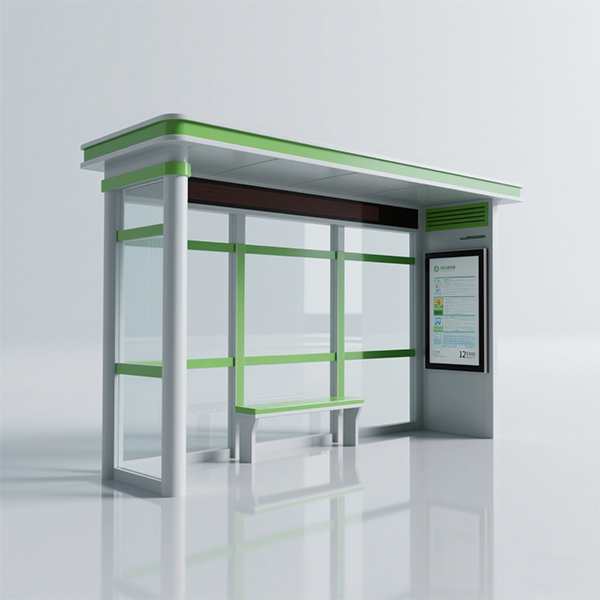 Semi-enclosed Bus Shelter
Semi-enclosed Bus Shelter -
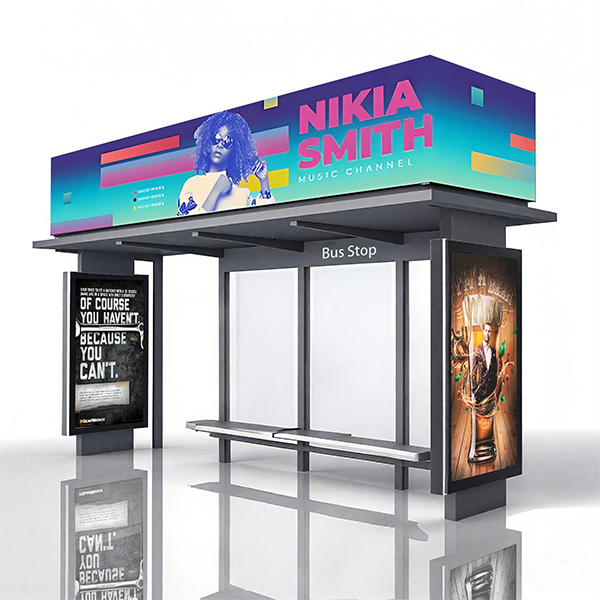 Rooftop Advertising Bus Stop Shelter
Rooftop Advertising Bus Stop Shelter -
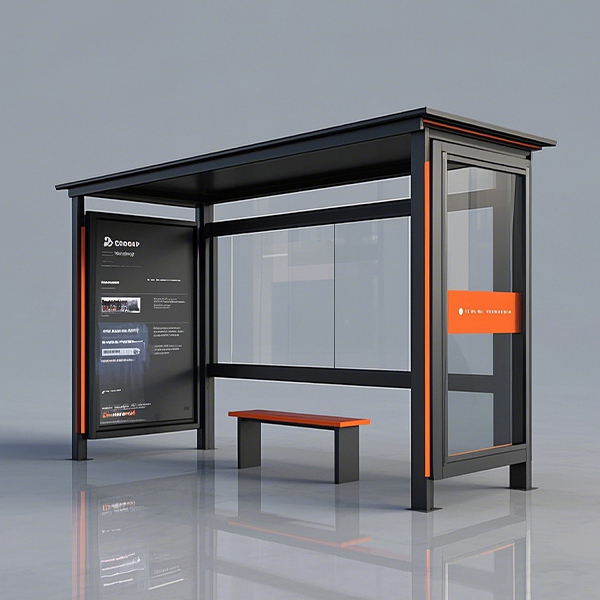 Semi-enclosed Bus Shelter
Semi-enclosed Bus Shelter -
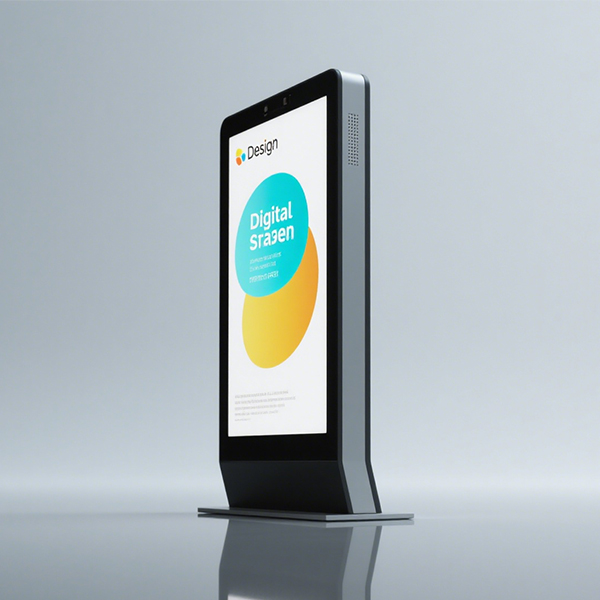 Digital Signage
Digital Signage -
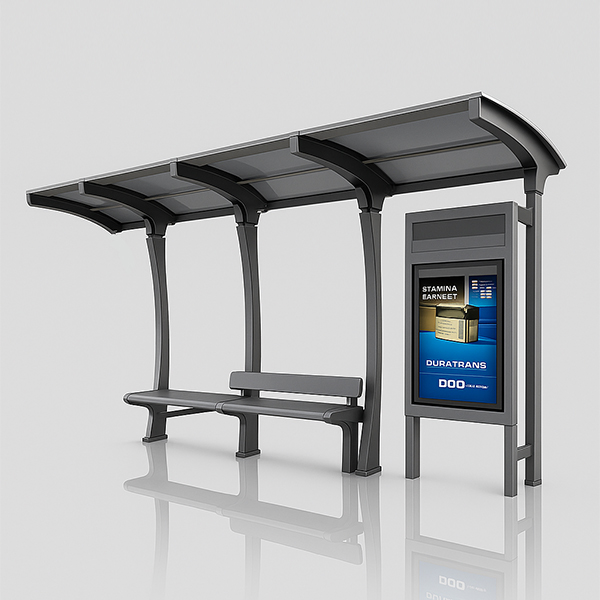 Curved Shed Bus Shelter
Curved Shed Bus Shelter -
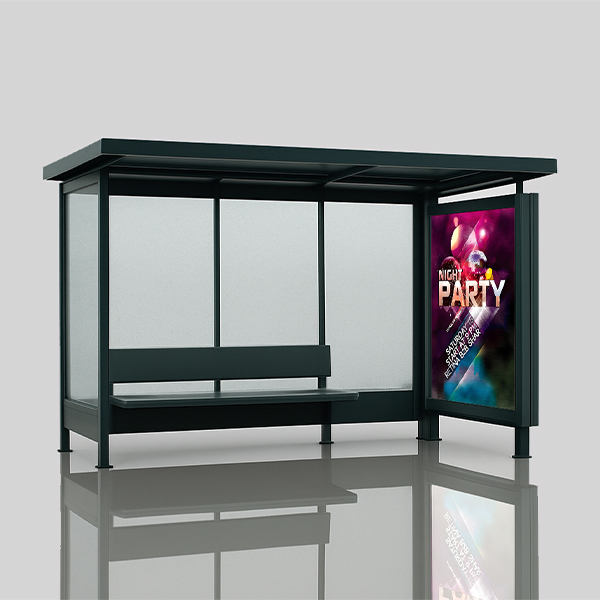 Semi-enclosed Bus Stop Shelter
Semi-enclosed Bus Stop Shelter -
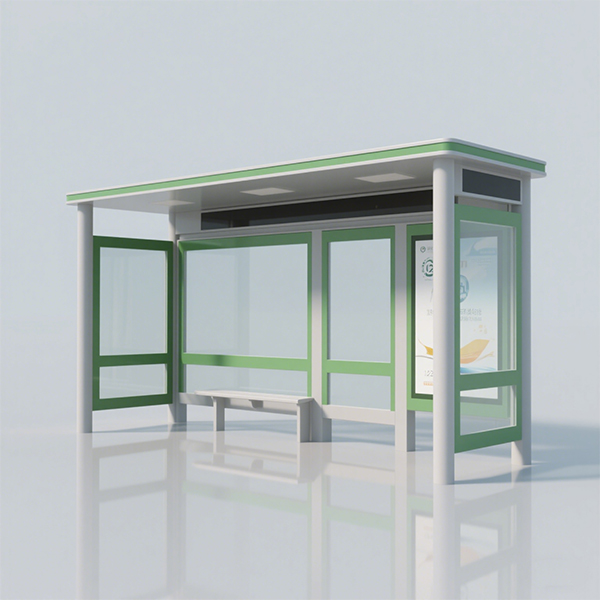 Semi-enclosed Bus Stop Shelter
Semi-enclosed Bus Stop Shelter -
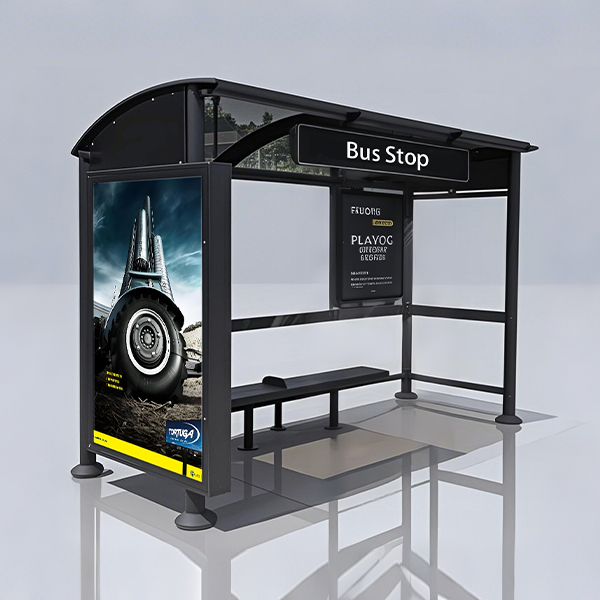 Curved Shed Bus Stop
Curved Shed Bus Stop -
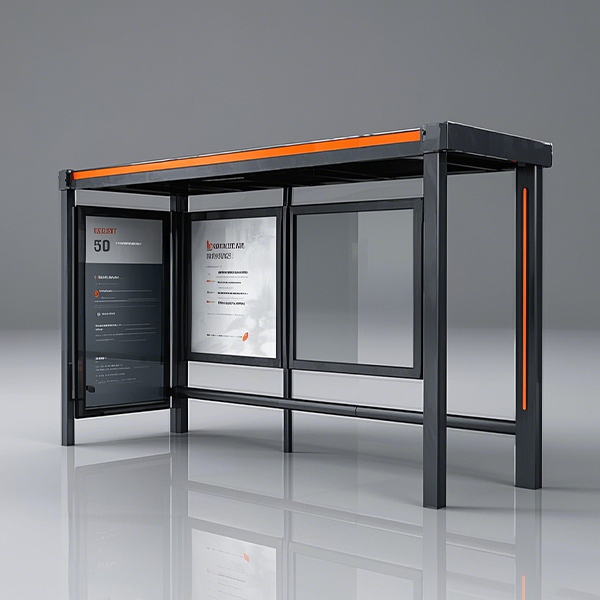 Bus Stop Shelter
Bus Stop Shelter -
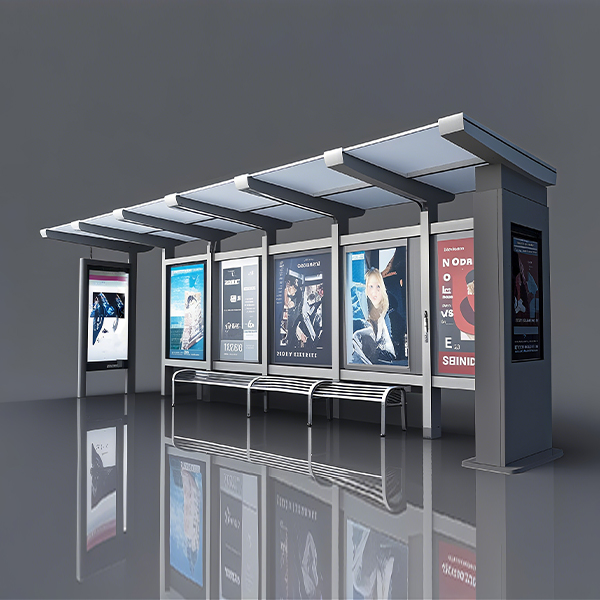 Smart Bus Shelter
Smart Bus Shelter -
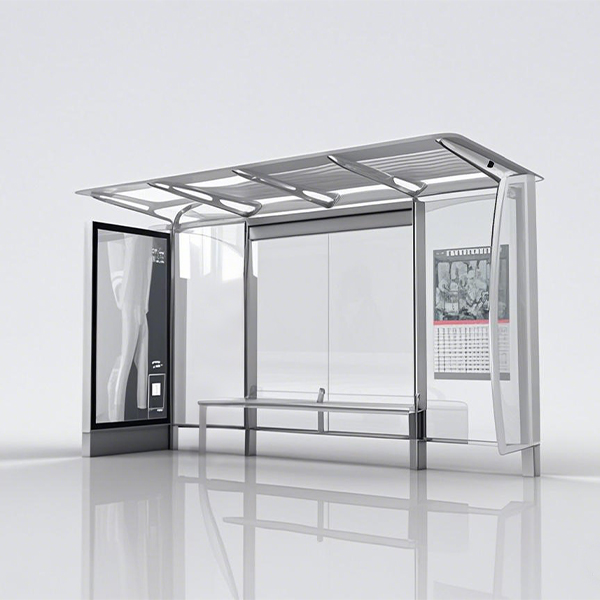 Stainless Steel Bus Shelter
Stainless Steel Bus Shelter -
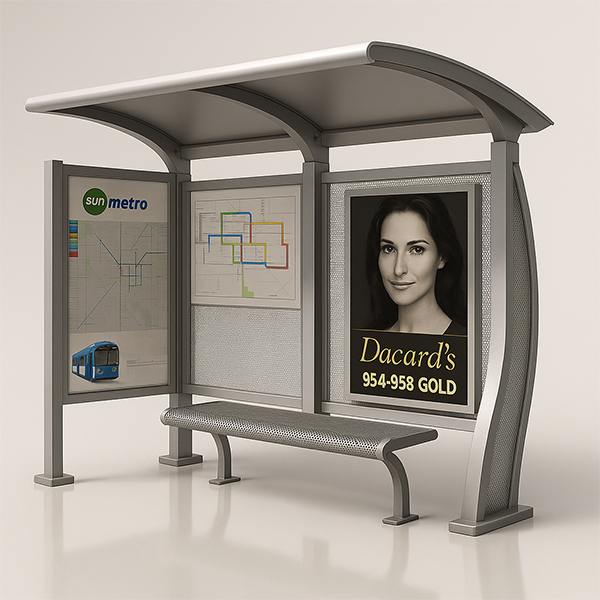 Curved Shed Bus Stop Shelter
Curved Shed Bus Stop Shelter







